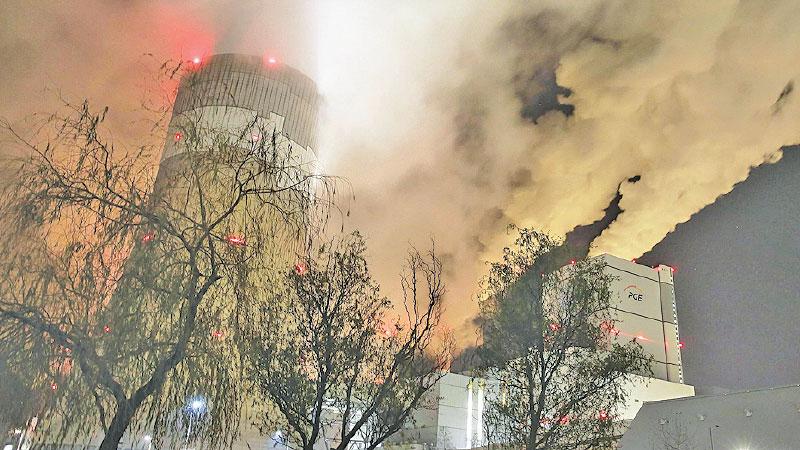
Global carbon pollution is on track to reach unprecedented levels in 2018, smashing hopes that the world had reached peak emissions.
Growing energy demands combined with unwillingness by many nations to let go of coal and oil are expected to result in a 2 per cent boost for emissions.
Released at the major COP24 summit in Poland, the news marks the end of a year in which climate change has made itself felt, driving heatwaves, droughts and wildfires across the planet.
It comes after a UN report warned that as emissions continue to creep upwards, nations must increase their commitments to tackling global warming by five times to avoid its worst effects.
CO2 pollution shot up in 2017 after a three-year decline that led many to speculate the world had hit peak carbon.
With the data suggesting this trend has continued into 2018, experts have redoubled their desperate warnings to phase out fossil fuels as quickly as possible to avoid climate disaster.
“With this year’s growth in emissions, it looks like the peak is not yet in sight,” said Professor Corinne Le Quere, from the University of East Anglia, who led the analysis.
“To limit global warming to the Paris agreement goal of 1.5C, CO2 emissions would need to decline by 50 per cent by 2030 and reach net zero by around 2050.
“We are a long way from this and much more needs to be done because if countries stick to the commitments they have already made, we are on track to see 3C of global warming.”
The new analysis by the Global Carbon Project is published in the journals Nature, Earth System Science Data and Environmental Research Letters.
Some experts warned there was a sense of complacency among world leaders, as even the most progressive nations such as the UK cling on to fracking and gas plants while professing to pursue a green agenda.
Though coal exploitation has dropped since its peak in 2013, use of the high-polluting fuel has begun to creep back up again, contributing to a considerable chunk of emissions.
COP24 host nation Poland has drawn much criticism for refusing to give up coal, while US president Donald Trump has made his enthusiasm for it well known.
Oil use also increased in 2018 due to an increase in journeys taken by cars, lorries and planes.
Though the team concluded that the major driver behind the uptick was economic growth across the world, the authors emphasised that economic growth and emissions cuts are not mutually exclusive.
“There’s no question about that,” said Prof Le Quere.
-independent.co.uk
